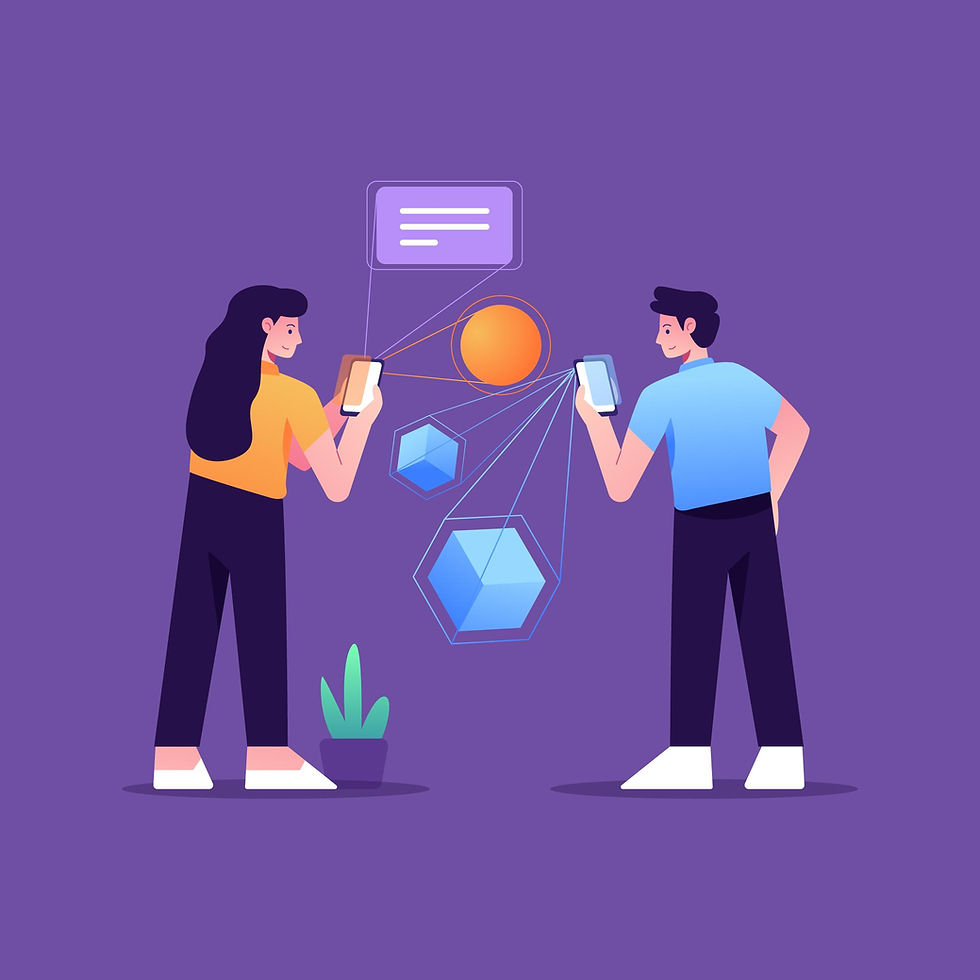Decentralized Data Ownership: Can It Really Work?
- Brinda executivepanda
- Jul 31, 2025
- 1 min read
As data becomes central to every digital interaction, who owns that data is more important than ever. Decentralized data ownership offers a vision where individuals and teams control their own data, instead of centralized platforms. But is this model practical in today’s world of complex systems and growing regulations?
What Is Decentralized Data Ownership? Decentralized data ownership shifts control from a central authority to individual users or domains. It means each party is responsible for their data, including how it's stored, shared, and used. This model is often enabled by blockchain, data mesh, or peer-to-peer technologies.

Benefits of Decentralized Ownership
Improved trust and transparency: Users have clear control over their data.
Compliance and privacy: Easier to align with regulations like GDPR or HIPAA.
Innovation: Encourages new models for data monetization and sharing.
Scalability: Reduces bottlenecks from central data teams.
Challenges to Adoption
Complex implementation: Requires major changes in architecture and culture.
Security risks: More data endpoints increase potential vulnerabilities.
Data consistency: Harder to ensure single sources of truth across systems.
Accountability: Who's responsible when something goes wrong?
Where It Works Best
Data Mesh Architectures: Teams manage their own data as a product.
Healthcare & Finance: Where individual privacy is paramount.
Blockchain-based apps: Natural fit for decentralized models.








Comments